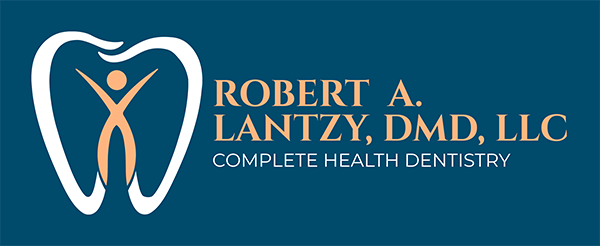February is National Children’s Dental Health Month, making it the perfect opportunity to highlight the critical role of Myofunctional Therapy in supporting proper jaw development, tongue posture, and airway health in children. Early intervention in these areas can have a lasting impact on a child’s overall health, influencing everything from dental alignment to breathing and sleep quality. As a Vivos Integrated Provider, we educate and empower families with proactive solutions that promote optimal oral function, healthy craniofacial growth, and long-term well-being. It is our hope that by integrating these strategies into our practice, we can play a vital role in shaping healthier futures for young patients.
Why Is Myofunctional Therapy Essential for Children’s Oral Development?
Myofunctional Therapy strengthens the tongue, lips, and facial muscles to encourage proper oral function and airway support. These targeted exercises help ensure the tongue rests in the correct position, promotes nasal breathing, and supports balanced facial growth. Proper muscle function during childhood plays a crucial role in jaw development, teeth alignment, and reducing risks associated with sleep-disordered breathing and swallowing issues.
Key Benefits of Myofunctional Therapy for Children:
- Encourages natural jaw growth and balanced facial development
- Improves tongue posture to support airway function and nasal breathing
- Enhances orthodontic and oral appliance therapy outcomes
- Reduces the risk of dental crowding, TMJ issues, and malocclusion
- Helps minimize mouth breathing and associated health concerns
Signs a Child May Benefit from Myofunctional Therapy
Early intervention is key to preventing long-term oral health issues. Some common signs that a child may need Myofunctional Therapy include:
- Mouth breathing or habitual open-mouth posture
- Tongue thrusting or improper swallowing patterns
- Speech challenges (e.g., lisping or difficulty articulating sounds)
- Snoring or restless sleep
- Frequent drooling beyond early childhood
- Teeth grinding (bruxism)
- Thumb sucking or prolonged pacifier use
- Difficulty chewing or swallowing
- Poor posture, including forward head posture
- Crowded or misaligned teeth
Addressing these concerns early with Myofunctional Therapy can help promote healthier facial growth, better breathing, and lifelong wellness.
Credit to The VIVOS Institute

